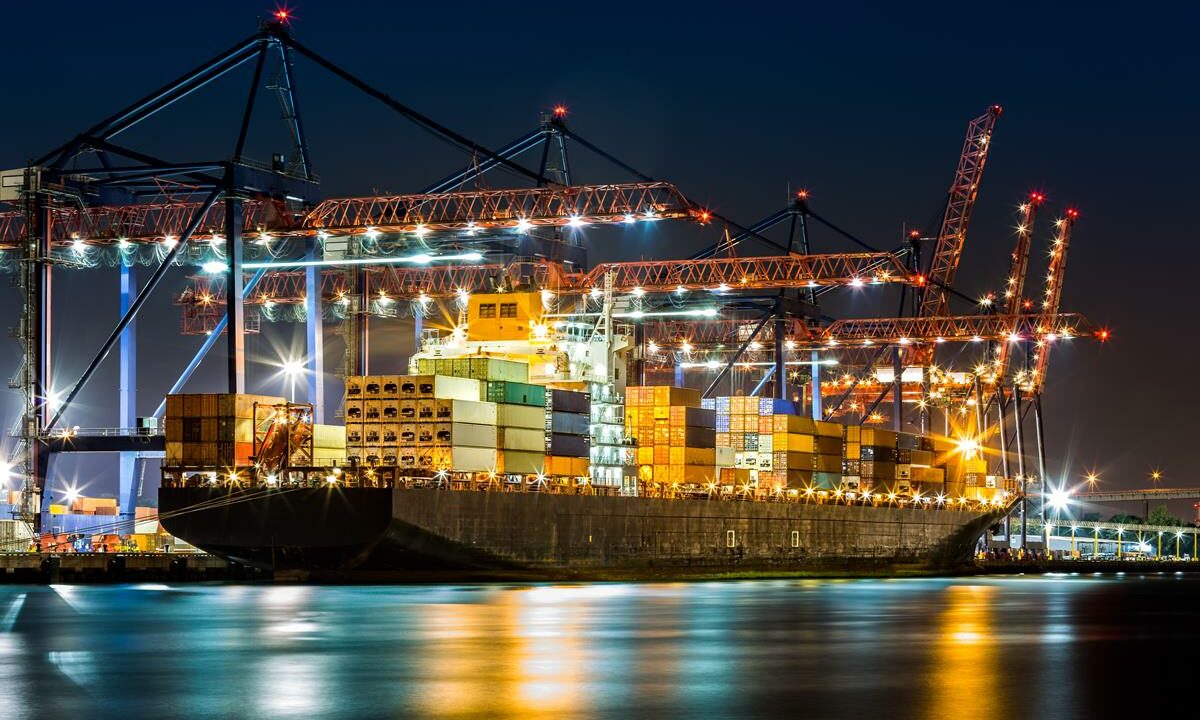Russia has officially extended its ban on EU food imports until the end of 2017, after the Russian President Vladimir Putin signed a decree this week extending the ban for another 18 months.
Russia extending the embargo comes after the European Council earlier this month decided to prolong its economic sanctions on Russia until June 23, 2017.
The European Council extended the sanctions in response to the illegal annexation of Crimea and Sevastopol by Russia.
This was the second time in six months that the EU has extended its economic sanctions on Russia.
In December of last year, the Council decided to prolong the sanctions until July 31, 2016 and the Council’s extension comes as that date approaches.
Speaking earlier this week at the EU Council of Agriculture Ministers in Luxembourg, the European Commissioner for Agriculture, Phil Hogan, said that the ban introduced by Russia in summer 2014 continues to hang over the EU market.
“The new delegated regulation on fruit and vegetables, which will apply from July 1, reduces the allocated quantities by group of products to take into account the time elapsed since the beginning of the ban.
“However, to allow Member States to address specific problems, the additional allocation of 3,000t to all Member States to withdraw any of the products covered by the exceptional measures remains unchanged.”
Since the beginning of the Russian ban, Commissioner Hogan said that the total aid requested amounts €291m, corresponding to 1.16m tonnes of fruit and vegetables.
“For the measures in force, at EU level, only 42% of the allocated quantities were effectively used by Member States.
“However, Italy, Portugal and Romania already used 100% of their allocated quantities, whereas Poland only used 33% of its allocated quantities,” he said.
